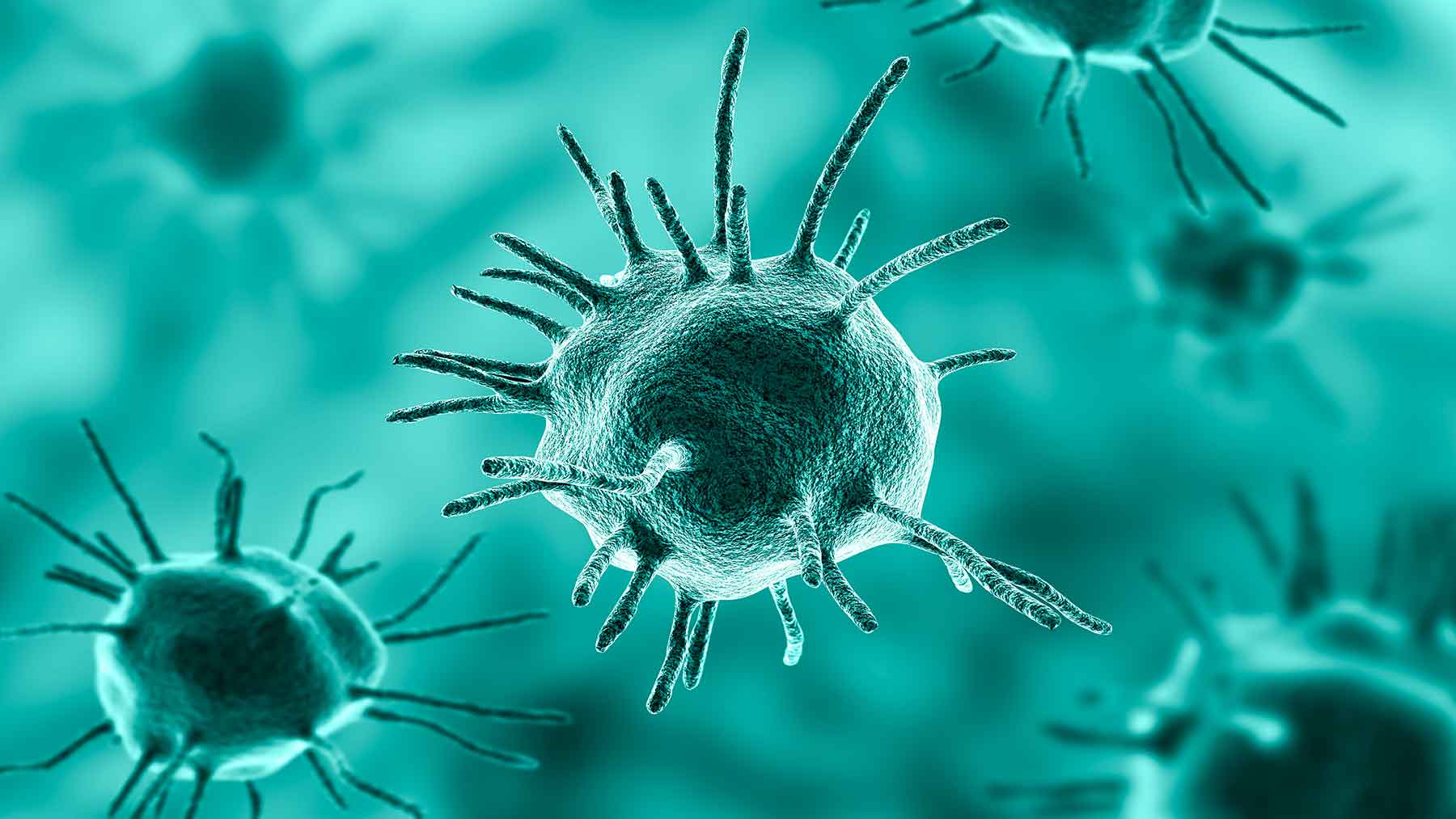
By laying its eggs in another bird’s nest, it forces the bird to raise the cuckoo babies on their own. Take the common cuckoo, a brood parasite that freeloads off other organisms to raise its offspring. Some parasites steal resources indirectly. The spores fall to the ground, landing on a new bug before the cycle continues. Some Cordyceps fungi, for example, turn their insect hosts, such as ants, into “zombies,” forcing them to climb high above the ground-a perfect spot for dispersing the fungus’ spores-before killing them. In addition to living off their hosts, parasites have adapted ways to sterilize them, hack their immune systems, or even hijack their behavior. Take toad flies, which prefer to live in the nostrils of amphibians, or tongue-eating louses, marine creatures that latch onto a fish’s tongue, one of the few examples of a parasite literally replacing a host’s organ. Parasites can get even more ingenious than that.

They live everywhere on Earth except terrestrial Antarctica-but the oceans around the polar continent have leeches with tentacles that resemble grubby fingers. There are 700 species, but only about half of them suck blood. Leeches, a type of worm, may be the best-known parasites. “So if you want to find the glue that is sticking these ecosystems together, it’s parasites.” Beyond leeches “When we develop food webs or ecological networks, we find in some cases that parasites are making up more than half of the links between species,” says Mackenzie Kwak, a parasitologist at the National University of Singapore. The earliest parasite-host interaction in the fossil record was a worm that stole food from a clam-like brachiopod 515 million years ago. Given that parasites have wormed their way into every cranny of life, it’s no surprise their strategy has been around for a long, long time. There aren’t solid estimates on how many parasite species exist in the world, but some experts believe there are far more species of parasite than there are of “free-living” animals-and the majority of parasites are likely still undiscovered.

( Read about a mind-controlling parasite that makes hyena cubs more reckless around lions.

Others, called endoparasites, set up shop inside their hosts-think tapeworms or botflies.
#Phew parasite skin#
Parasites glean nutrients from their hosts in various ways: Some, called ectoparasites, literally drink the blood or eat the skin of their hosts. Bad news if you’re taking penicillin, good news for the little pathogen. Others will even protect their hosts from other parasites, such as viruses that shield bacteria against antibiotics. While some parasites, called parasitoids, are deadly to their hosts, many don’t cause major problems. Parasitism is a form of symbiosis-a close relationship between two organisms. Animals, plants, fungi, bacteria, and viruses can all be parasitic, from vampire bats to deep-sea anglerfish, whose tiny males permanently attach themselves to females. The word “parasite” alone-which comes from the Greek for “ feeding beside”-is enough to make your skin crawl.īut parasitism deserves more respect as “an exceptionally successful form of life,” says Jimmy Bernot, an evolutionary biologist at the Smithsonian National Museum of Natural History in Washington, D.C. Many people are utterly repulsed by parasites, and few would ever intentionally share their body with one.


 0 kommentar(er)
0 kommentar(er)
